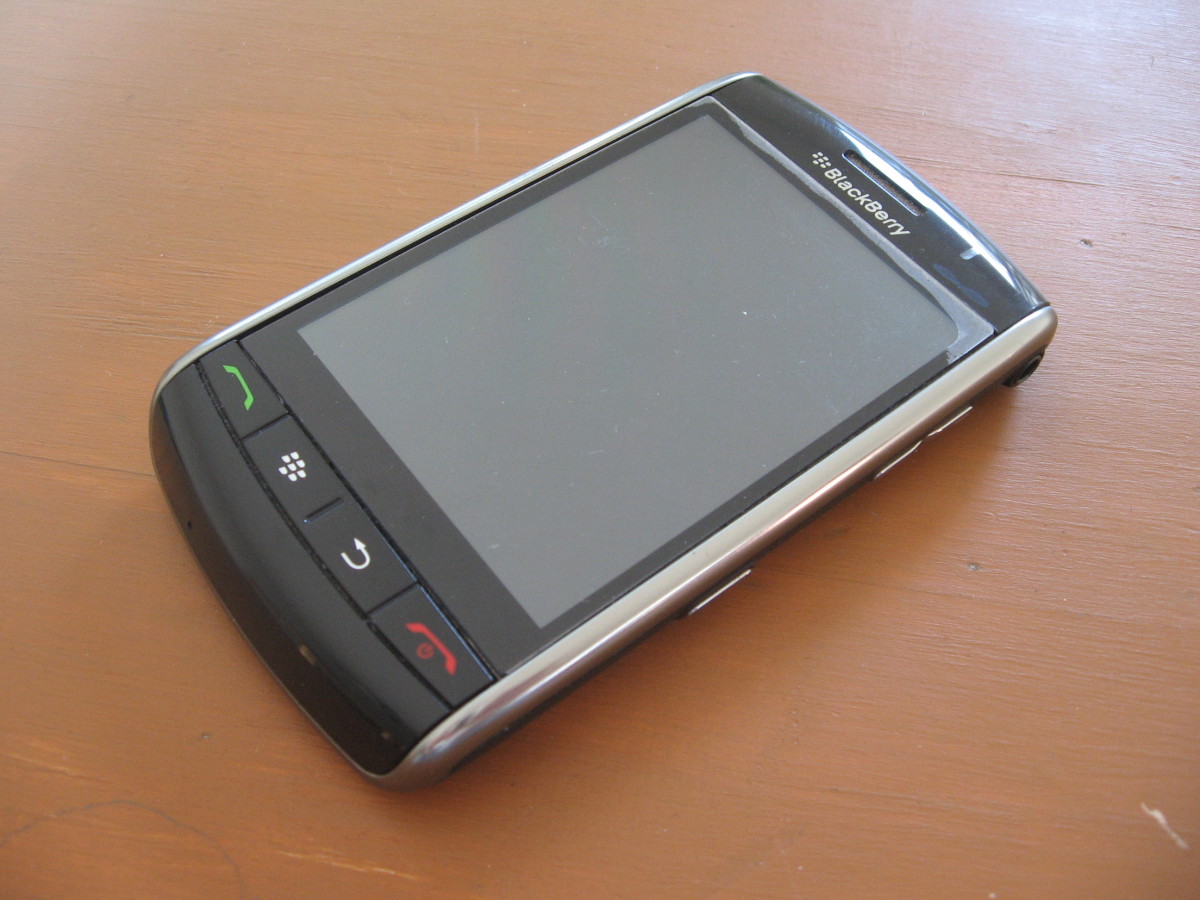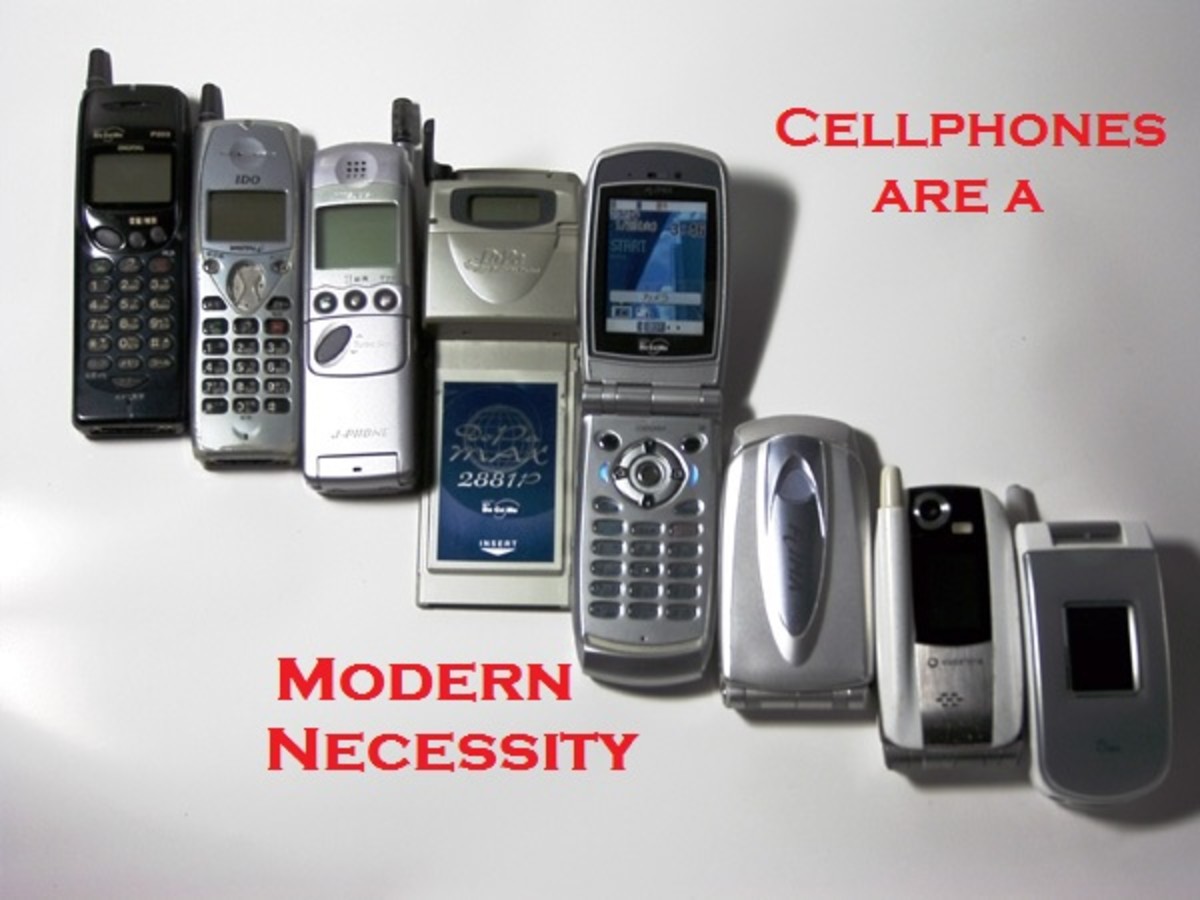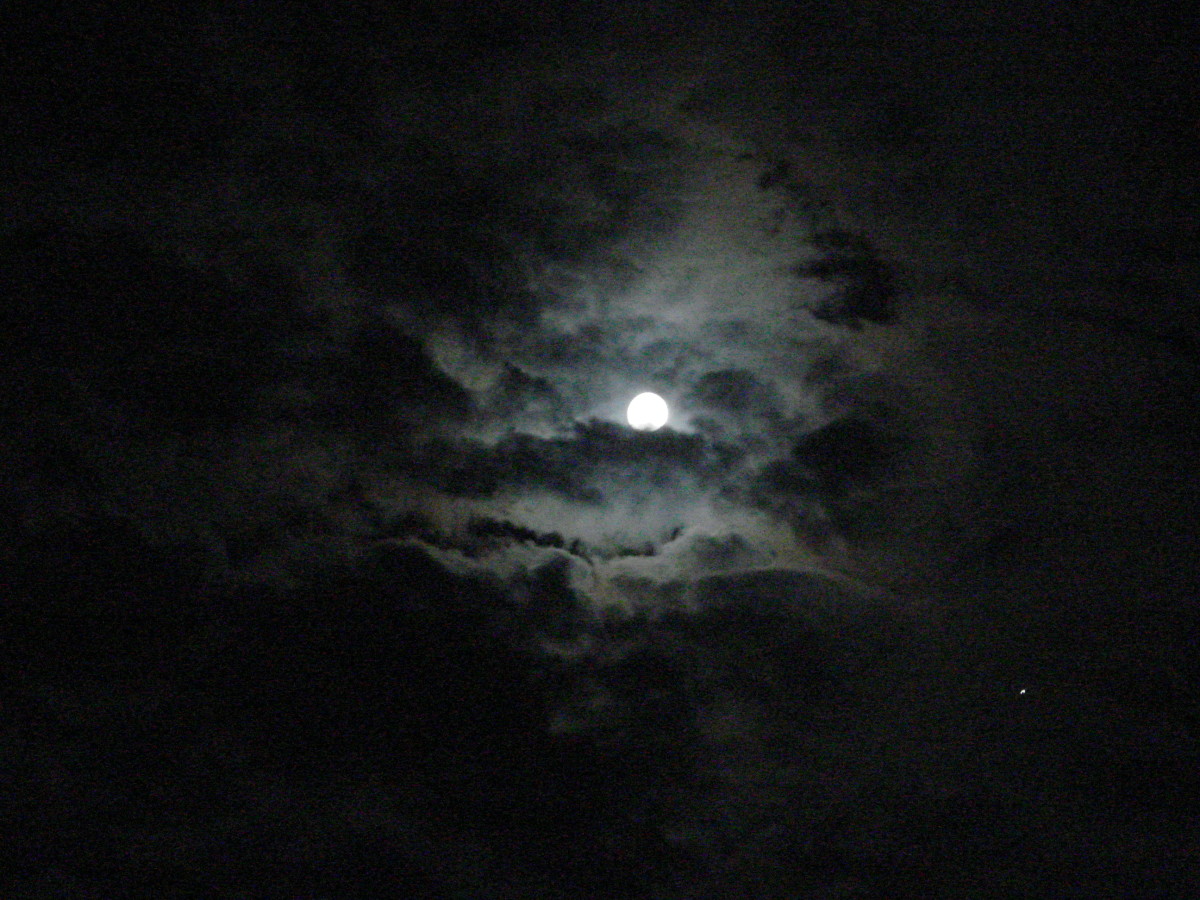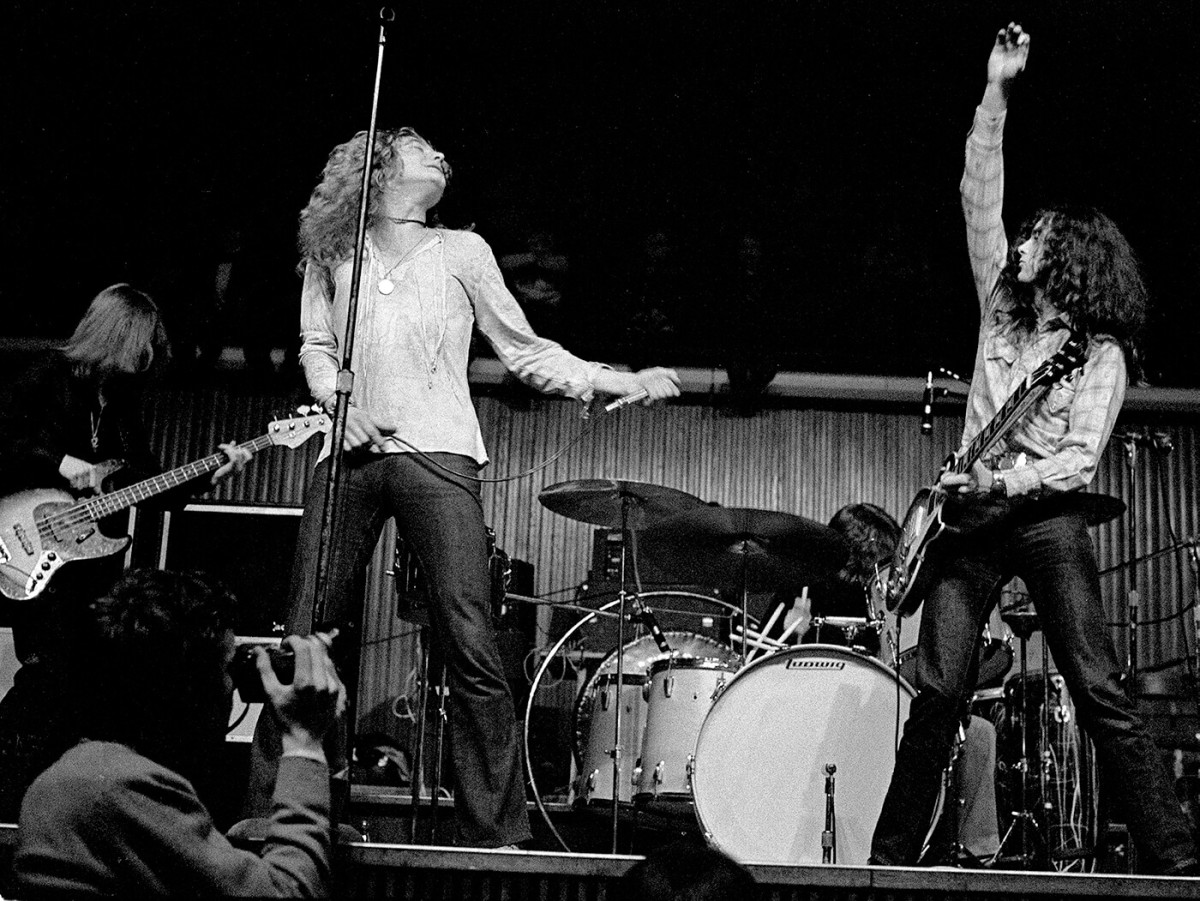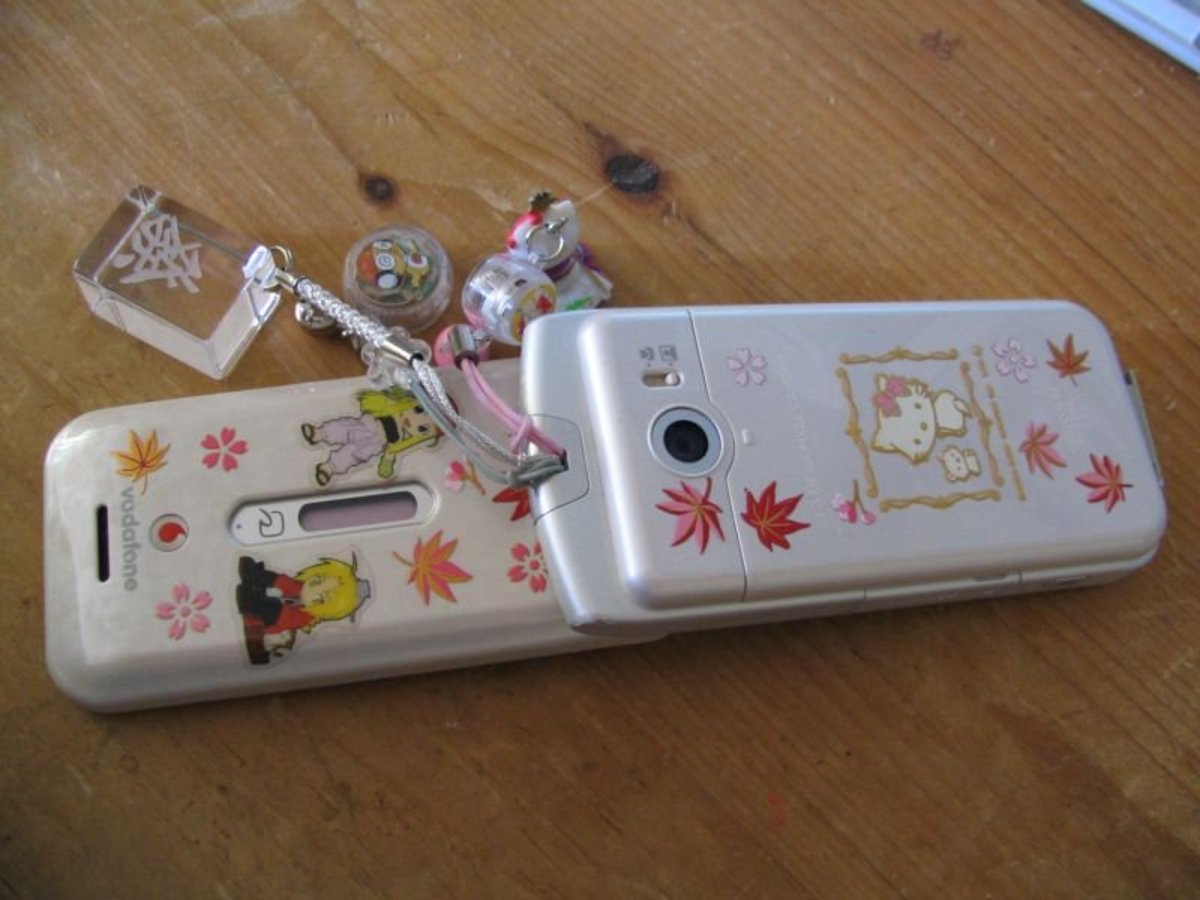How To Behave At A Classical Performance -- Classical Music Concert Etiquette
Have We All Become Barbarians?
I come from a family of musicians, so my parents always made a point to take me to concerts while I was growing up. Almost every weekend we traveled to New York City to see a musical, a dance troupe or classical musicians perform. And, of course, during the car ride to and from the city, my dad had classical music or jazz blaring on the radio.
My parents began taking me to see these concerts when I was about 3 or 4 years old and were adamant that I act grown-up and show respect to the performers. I wasn't to talk or move around too much, and I always had to applaud at the end, even if I didn't like the piece. One time, we saw a "modern" concert where a woman literally stuck her head into the open portion of a grand piano and yowled, making an echo sound. My dad and I struggled not to crack up, but we managed to hold it together because we knew that the musicians had worked hard ... even if the piece was kind of out there.
As I got older, I began playing flute and tenor sax in more concerts myself and from the point of view as a performer, noticed that people in the audience often did certain annoying things. For instance, the orchestra was almost always on first and the wind ensemble last when we had the music groups perform at school concerts. I was in both groups and almost always, there were a number of people who refused to stay for what was maybe an hour-long show, tops, and leave after they saw their child or friend perform in the orchestra. The wind ensemble was then left with a half-empty auditorium. Other times, people would talk or get up and snap pictures of us, blinding the players with the flash ... the list goes on and on.
I was reminded of this last night when my husband and I went to go see my friend Isabel perform the well-known piece "Carmina Burana" with the Hunter College Choir. Isabel heads up the band that I play with, so I know her music well, but I'd never seen her sing with a choir before. I was excited to watch and nostalgic for my own college concerts.
As I expected, the exceptionally huge choir did an amazing job. They were filled with energy and sounded great together. Unfortunately, the audience didn't do so well. The crowd, which was mainly filled with adults, was noisy, antsy and didn't seem to have any regard for the other concert goers or the singers up on stage. I wanted to go around and shake some of these people ... or at least get up on stage myself and give them a quick primer on "Concert Manners 101," a.k.a., "How Not To Be An A-Hole When Others Are Trying To Enjoy the Show." Obviously, I wasn't going to make a scene and embarrass myself or Isabel. So this hub is for those people are for those of you who probably aren't rude, but perhaps aren't sure how to behave at a classical music performance. Here are some simple tips on proper etiquette for a classical performance.
Concert Interruptions
What bad behavior annoys you the most during a concert?
Lesson One: Clap At The END Of The Piece
Classical music is different from jazz or rock in that one concerto or suite can have three, four, five or ten movements. Each movement is like a chapter in a book and together, they make up the entire piece. For example, with Gustav Holst's famed piece, "The Planets," there's a movement for each celestial body in our solar system.
That said, it's generally considered impolite to clap at the end of each movement because the piece itself isn't yet finished. Applauding is appreciated as it means that you're giving props to the performers for a job well done, but study the program to see how many movements there are and then save it for the very end. With Carimina Burana, for instance, there are literally about 20 movements in the piece ... and the audience was clapping after every single one. A couple of times, the conductor had to pause to wait for the noise to die down, which disrupted the flow of the choir going from one movement to the next. While the applause was well-intentioned, it was, unfortunately, distracting.
If you're not sure when to applaud, don't follow the audience's cue because they might not know, either. A good rule of thumb is to, as I said before, look on the program to see when the piece ends, or pay attention to the conductor's body language. At the very end, the conductor will usually turn and take a bow and then signal the performers to do the same. THAT's when you applaud! Also note, that a classical music concert isn't like a rock concert where you whoop and holler. It's okay to cheer and whistle a little, especially if the musicians did an outstanding job, but you don't want to be shouting, "Hey, so-and-so, you go, woo hoo!"
Jupiter is just one movement in Gustav Holst's The Planets
Lesson Two: TURN OFF YOUR CELL PHONES!! Please, please, PLEASE, turn off your freakin' cell phones!
Okay, so as I was saying, my husband and I were at my friend's concert, enjoying ourselves as we listened to the choir sing Carmina Burana ... and then right in the middle, the inevitable in this day and age happened.
A cell phone went off.
AAAARRRRRRRGGGGGGGHHHHHHHH!!!!!!!!!!!!!!!!!!!!!!!!!!!!!!!!!!!!!!!!!!!!!!!!!!!!!
Let me just get this out of the way: I'm not a big fan of cell phones to begin with. I own one, I think it's useful and it's come in handy when I've needed to meet someone. But I think that people overuse them and we've reached a point where when it comes to cell phones, common courtesy often goes out the window.
I find it ridiculous that at movie theaters, they now have several warnings saying, "Please silence your cell phones" at the start of every show. But they're necessary because some people won't do it unless they're told, and even then, some just don't care.
Unfortunately, no such announcement was made at the concert, probably because the organizers assumed that the audience members would have common sense. Nope. And one went off. Thankfully, the ring tone was just a ring, so we didn't have to listen to some rock tune ring tone blaring as the choir sang. But it was still annoying.
I later found out from Isabel that it was actually one of the performer's cell phones that went off! But still -- other people in the audience were texting, recording, checking messages ... this may not be as noisy, but it's still distracting. When you're trying to watch a concert and you hear the click, click, click of people texting and see that blue cell phone glow shining in your face, it's as annoying as a ring.
This time around, it may have been a performer who was the culprit, but I've been to other concerts where phones did go off in the audience. ALWAYS make a point to check your phone as the curtain goes down to make sure it's turned off. My husband sometimes forgets, so I check mine and his. If you're a doctor on call or dealing with a family emergency, put it on low or vibrate so that you can know when it rings, but it won't ruin the event for others.
One thing to keep in mind is that even if you hate the concert, the performers have worked hard and are now on stage in front of a crowd, which can be difficult in itself. Show them respect. Don't make calls. DO NOT TEXT! I hate when I see people texting and actually got into it with a friend's older sister when I caught her texting at the ballet. If you don't have the attention span to sit and be polite for an hour or two during a concert, then don't go. And yeah, I know I sound harsh, but this is a pet peeve of mine that I see so many people doing.
More Musings By NaomiR
- How To Write A Song For Your Cat -- Songs For Cats
Writing a song about your cat is a great way for cat lovers to show their love for their favorite feline. Phoebe on Friends wrote a cat song called Smelly Cat, and now you can write a cat song, too! It just takes some imagination. - My Husband Drives Me Crazy ... But I Love Him Anyway
I first met Jon in college and we're now going on 10 years of marriage. Here are some secrets for a happy marriage and our story of how we've had a happy, long marriage. - My Top 10 New Year's Resolutions
Each New Year's, I make some new resolutions. Here are my top 10 new year's resolutions for this year. My goal is to keep these resolutions and not break them! - The Most Annoying People In New York City -- New York City Pet Peeves
There are plenty of great things to do in New York City. However, there are many annoying people in New York City, too. Here are some people to watch out for in Manhattan. - Celebrating The Other Man In My Life: My Gay Best Friend
In the '90s, the idea of women having the perfect Gay Best Friend became quite trendy, thanks to shows like Will And Grace, as well as movies. I'm lucky in that I have an awesome Gay Best Friend named Scott. - I Hate Valentine's Day -- Learning To Love Valentines
I used to hate Valentine's Day because I thought it was a stupid holiday. Then my husband made a point to get me to like Valentine's Day. Here's my story of how I learned to love Valentine's Day. - Lost And Found: Reliving My Life Through Facebook
Lesson Number Three: Don't Talk Or Move Around Too Much During A Performance
At last night's concert, a couple arrived late and sat behind us, talking loudly the whole time. Then they got up and moved across the aisle, still talking. Then they came back, talking even more. The people behind them shushed them and they didn't get the hint. They then finally left the concert altogether ... and then came BACK and moved two other times!
I wanted to shout, "Just pick a f---ing seat and stay there!" But I see this happen a lot at performances. People will lean forward or shift around or get up and down sixteen times or talk loudly enough so that you can hear it and it's annoying.
DON'T DO THESE THINGS!
I'm not saying to sit as still as a stone and be completely silent --that's impossible. You're gonna shift around to get comfortable, you might want to whisper comments to the people with you, you might cough once or twice. But be AWARE of what you're doing and don't be rude about it. Will whispering, "I loved that movement," bother the people behind you? Probably not. But giving a loud, running commentary of each piece probably will. Same goes for moving. Will adjusting your arm rest be a big deal? No. But getting up and down and up and down is most likely going to annoy your neighbors. Of course, there may be instances where you have to move around a lot because you say, uh, have bathroom issues or something. If that's the case, try to get an aisle seat and be as discreet as possible. There's no definite answer for this other than to show as much consideration as you can and not do what will obviously make things less enjoyable for others.
To go along with this, don't get up and stand in the aisles, even to take a picture. The crowd was surprised last evening when a children's choir suddenly joined the main choir. Only, for some reason, the kids were up in the rafters. Well, a bunch of people got up to see them and suddenly, the view was blocked by these folks. They meant well; they just wanted to see who was singing, but it was a thoughtless move that annoyed many. The conductor ended up calling the kids onto the stage at the end, so anyone who wanted a photo could get one then.
Finally, there are some instances where noise isn't so easily controlled. You might have a cough or a crying baby. But what you CAN do is go into the lobby until things get under control. One of the things that I actually LIKED about one audience member last night was that when her kid began making a fuss, she quietly took the toddler outside until she stopped crying, and then returned. I remember that when I was a kid, I had a coughing fit in the middle of a concert and my dad took me outside to get me some water. It wasn't my fault and he knew that, but he didn't want me to disturb people or the performers, either.
Lesson Four: Be On Time -- And Stay For The Show
One way to eliminate the possibility of making noise and being annoying is to not be late! Most tickets have the concert's start time right on there; try to be AT LEAST 15 minutes early. This way, you can get to your seat and get settled and not be scrambling to find your place as the show is progressing. This is disruptive to the audience and the players. Trust me, I speak from both points of view.
If you are late, say, because you hit traffic or the subway stalled or the sitter arrived late, wait outside until that particular movement or piece is over (you can ask an usher for help) and THEN come in during the pause in the music. This way, the disruption is minimal.
Regardless of whether you're on time or not, though, you should NOT leave in the middle of a performance. Even if you hate the concert, remember these people are performing for YOU.They've put in weeks or months of practice and have the guts to get up on stage ... respect that! Obviously, things come up. You might not feel well or there might be a family emergency. I was at a performance of Swan Lake once and a guy had a heart attack. Obviously, they stopped the show to get him help! But if nothing of importance is going on, stick it out at least until intermission. A lot of people were very excited last night when they heard that first, familiar movement of Carmina Burana, but then got bored as the hour-long piece progressed. A bunch left right in the middle. That's about as rude as you can get.
Lesson Five: Relax and Have Fun!
Yeah, I've given a lot of "rules" here on what not to do during a classical music performance, but the reality is, being considerate isn't that difficult to do and a good concert can be a great escape. Classical music is wonderful and relaxing, and can help you forget your troubles for a little while. There's a good reason why it's remained popular for so many decades!
So site back, take a deep breath and enjoy the show ... and just make sure you also keep it as enjoyable as possible for those around you.

